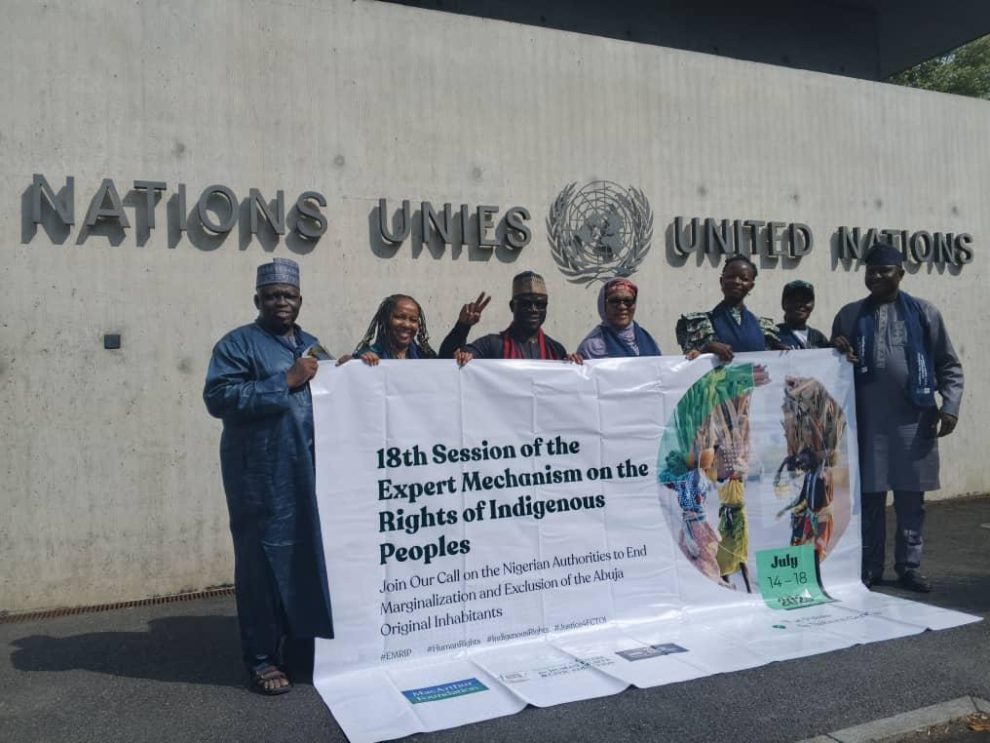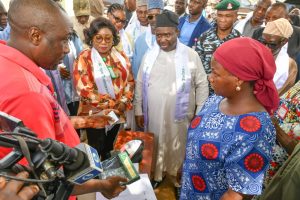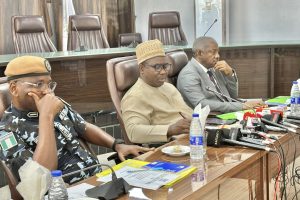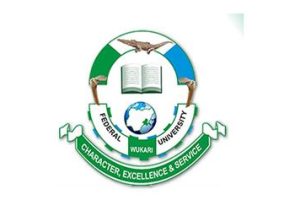GENEVA, SWITZERLAND – Indigenous communities in Nigeria’s Federal Capital Territory (FCT), Abuja, are enduring “systematic exclusion, land dispossession, political disenfranchisement, and cultural erasure,” a human rights organization told a United Nations expert forum on Thursday. The Resource Centre for Human Rights & Civic Education (CHRICED) warned that, without urgent intervention, over two million indigenous people, comprising nine distinct tribes and seventeen chiefdoms, face the very real risk of extinction.
Speaking at the 18th Session of the Expert Mechanism on the Rights of Indigenous Peoples, Ibrahim Zikirullahi, Executive Director of CHRICED, laid bare the historical injustices. He explained that their suffering stems directly from Military Decree No. 6 of 1976, which forcibly appropriated their ancestral lands to establish Nigeria’s new capital. Since then, successive governments have, according to CHRICED, consistently failed to provide adequate compensation, meaningful resettlement, or legal recognition for these communities. Even Nigerian Supreme Court judgments affirming their inherent rights have, so far, not compelled the state to honour its obligations.
CHRICED has called for decisive action from the Expert Mechanism, member states, and relevant stakeholders to hold the Nigerian government accountable. Their urgent demands include formally recognizing Abuja’s Original Inhabitants as Indigenous Peoples with full legal status and protections, and ensuring their genuine political inclusion, including the right to elect local and regional representatives.
The group also stressed the need for equitable development policies that guarantee access to land, natural resources, and economic opportunities, alongside support for grassroots initiatives to safeguard indigenous languages, traditions, and sustainable practices.
Crucially, CHRICED emphasized the principle of Indigenous Data Sovereignty, asserting that Abuja’s Original Inhabitants must have the right to control, access, and benefit from data concerning their communities, lands, and resources, as a “vehicle for justice, visibility, and empowerment.”





Add Comment